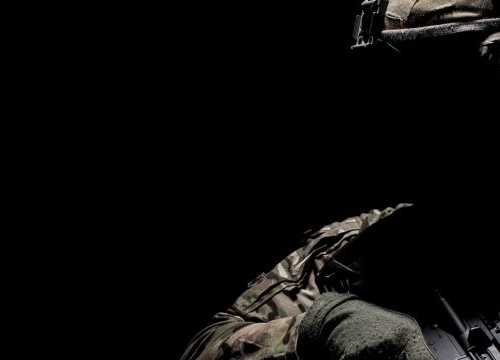The Wagner Group: Options for Justice
Geneva Academy Talks


Alexander Jawfox, Unsplash
Since its creation around a decade ago, the Wagner Group has become notorious for its brutality. Its members have allegedly committed international crimes, in particular war crimes, in countries such as Ukraine, Libya, the Central African Republic, and Mali, among others. Furthermore, the group has been accused of various forms of ruthless violence such as using booby-traps and landmines in civilian areas in Libya, committing inhumane treatment of civilians as well as rapes and robberies against civilians in the Central African Republic.
This IHL Talk aims at clarifying the relevant frameworks of responsibility for the crimes committed by the Wagner troops. Panelists will notably address the following questions:
- What is the status of Wagner Group members, are they PMSCs, mercenaries, or de facto members of the Russian armed forces? What legal framework governs their status?
- Could the conduct of Wagner Group members be attributable to Russia or could Russia nevertheless have certain positive obligations – under international humanitarian law and international human rights law – in relation to crimes carried out by Wagner troops?
- What are the avenues for holding the members of the Wagner Group criminally responsible and could the question of command responsibility of the Wagner Group leaders and Russian officials arise?
Moderation
- Ana Srovin Coralli, Teaching Assistant, Geneva Academy and PhD Candidate, Graduate Institute
- Revaz Tkemaladze, Teaching Assistant, Geneva Academy and PhD Candidate, University of Geneva Law Faculty
Panelists
- Dr Jelena Aparac, United Nations Working Group on the Use of Mercenaries
- Ibrahim al-Kasem, Syrian Lawyer, Executive Director, Caesar Files Group
- Chiara Gabriele, Senior Legal Adviser, Trial International
About IHL Talks
The IHL Talks are a series of events, hosted by the Geneva Academy, on international humanitarian law and current humanitarian topics. Every two months, academic experts, practitioners, policymakers and journalists discuss burning humanitarian issues and their regulation under international law.
Video
The Wagner Group: Options for Justice
Watch or re-watch our IHL Talk on accountability for the Wagner Group and its members.
Panelists notably discussed:
- The status of Wagner Group members: PMSCs, #mercenaries, or de facto members of the Russian armed forces and the legal framework that governs this status.
- Whether the conduct of Wagner Group members be attributable to Russia
- The avenues for holding the members of the Wagner Group criminally responsible and whether the question of command responsibility of the Wagner Group leaders and Russian officials arises.








